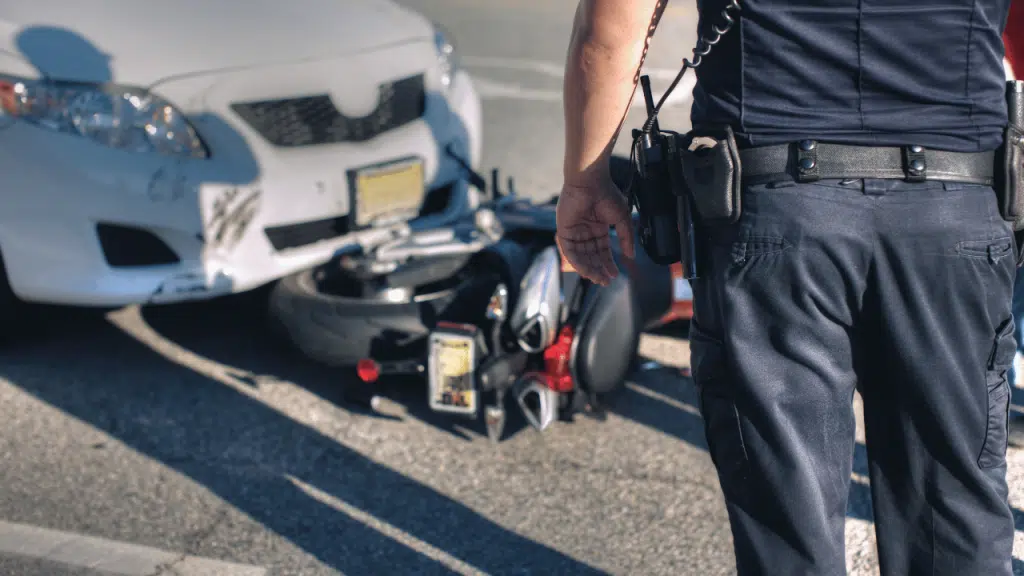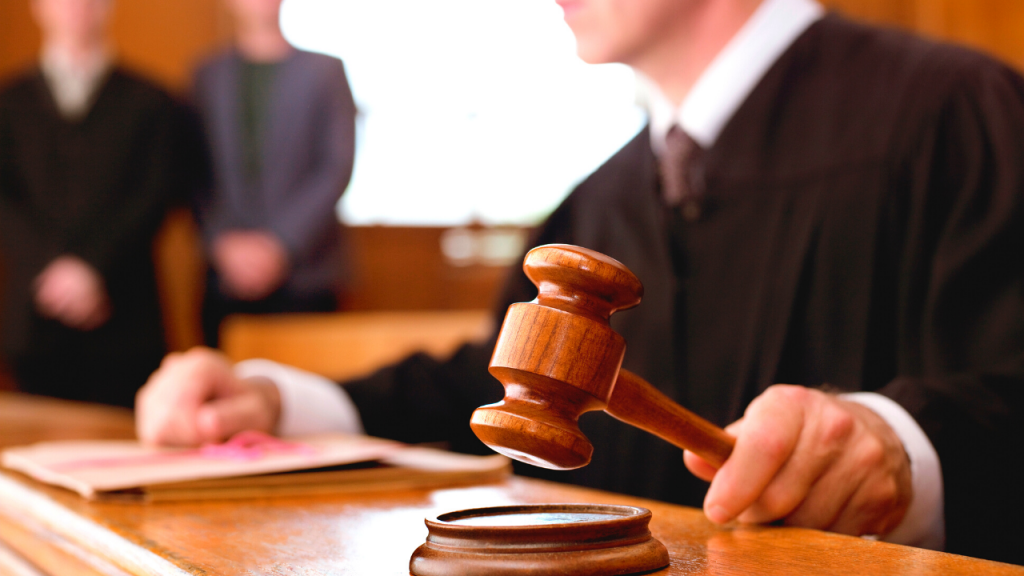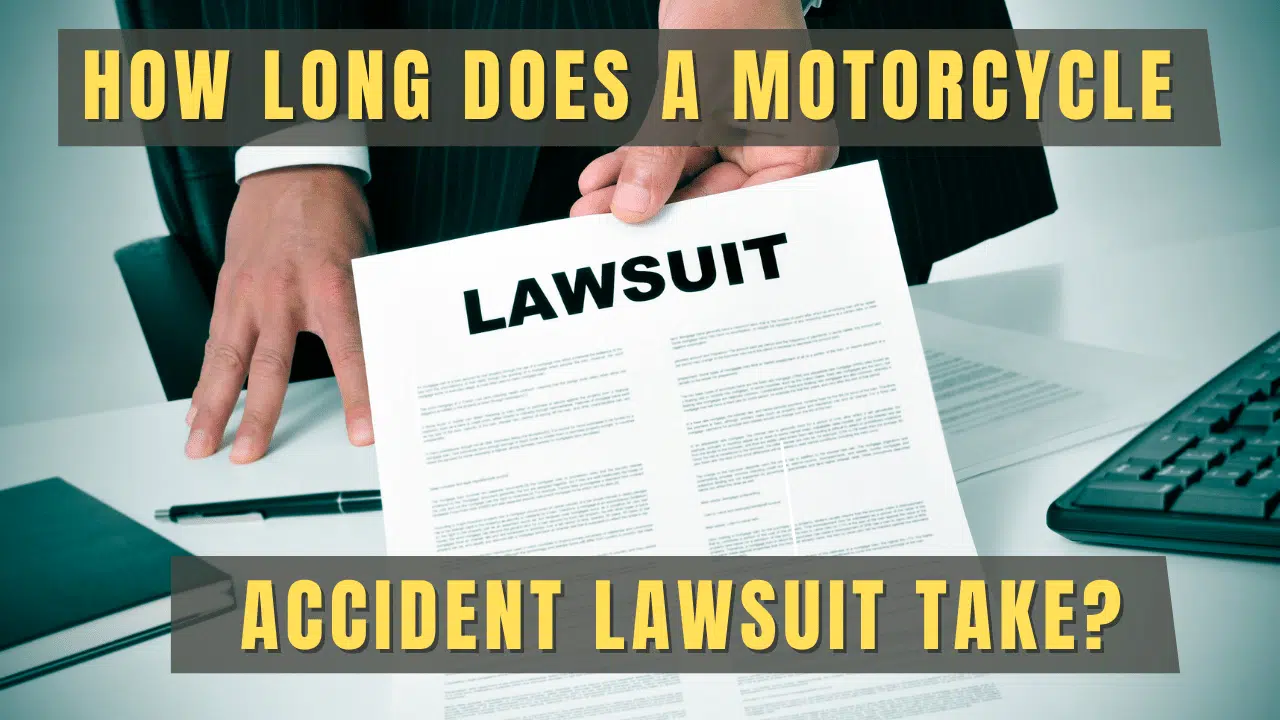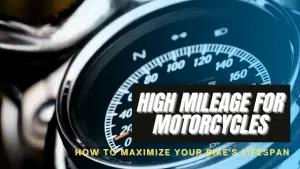A motorcycle accident can be a traumatic event that can result in not only serious injuries but financial losses as well. Even if you are a skilled motorcycle rider you can’t always rely on other motorists to watch out for you or expect them to be aware of their surroundings, like motorcycle riders.
If you have been involved in a motorcycle accident that was caused by someone else’s negligence, you may be entitled to compensation for your damages. However, filing a motorcycle accident lawsuit can be a lengthy and complex process.
You might be wondering how long does a motorcycle accident lawsuit take? It depends on the complexity of the case, whether it goes to trial or is settled out of court, the judgment amount you are seeking and some other factors. But generally, it can take anywhere from a few months to a few years to settle a motorcycle accident lawsuit.
As described by the accident attorneys at Nevarez Law Group, the timeline of a motor vehicle accident lawsuit can vary depending on several factors, including motorcycle accident lawsuits. These factors can include the severity of the injuries, the complexity of the case, and whether the case goes to trial.
Here, we will discuss the reasons for a motorcycle accident lawsuit, how long a motorcycle accident lawsuit can take, and what you can do to speed up the process.
What are the top 5 reasons for a motorcycle accident lawsuit?

There are a variety of reasons why a motorcycle accident lawsuit may be filed. The 5 most common reasons described by Forbes include:
Negligence: The most common reason for a motorcycle accident lawsuit is negligence. Negligence occurs when a person fails to take reasonable care, resulting in an accident. Negligence can include actions such as speeding, texting while driving, driving under the influence of drugs or alcohol, or failing to obey traffic laws.
Defective motorcycle parts: Another reason for a motorcycle accident lawsuit is a defective motorcycle part. If a motorcycle part, such as brakes or tires, fail due to a manufacturing defect or design flaw, it can cause an accident. In such cases, the manufacturer of the defective part may be held liable for the accident.
Poor road conditions: Vehicles on the road experience an increased risk of collision when there are road hazards, and these can be especially dangerous for motorcyclists. Poor road conditions, such as potholes or uneven pavement, can also cause motorcycle accidents. If the road conditions are known to be dangerous and the responsible parties fail to fix the issue, they may be held liable for any accidents that occur.
Distracted driving: Distracted driving is becoming an increasingly common cause of motorcycle accidents. Drivers who are distracted by their phones, passengers, or other activities may not see a motorcycle in their path, leading to an accident.
Intentional acts: In rare cases, a motorcycle accident may be caused by an intentional act, such as road rage or deliberate harm. If it can be proven that the at-fault party intended to cause harm, they may be held liable for any damages resulting from the accident.
What to do after a motorcycle accident

Here are the steps involved in recovering from a motorcycle accident in a way that makes filing a motorcycle accident claim as smooth as possible:
Seek medical attention: If you have been involved in a motorcycle accident, your first priority should be to seek medical attention. Even if you feel fine, it is important to get checked out by a medical professional to ensure that there are no underlying injuries that may not be immediately apparent. Your medical records will also serve as evidence in your case.
Document the accident: Immediately after the accident, document as much information as possible. Take photos of the accident scene, the damage to your motorcycle and any other vehicles involved, as well as your injuries. Write down the names and contact information of any witnesses to the accident.
Contact an attorney: Contact a personal injury attorney who has experience in handling motorcycle accident cases. The attorney will review your case and advise you on the best course of action. The attorney can also deal with the insurance companies and negotiate a settlement on your behalf.
File a claim: Your attorney will file a claim with the insurance company of the at-fault party. The claim will detail the extent of your injuries and damages, as well as the amount of compensation you are seeking.
Investigate the case: Your attorney will conduct an investigation into the accident to gather evidence and build a strong case. This may involve obtaining police reports, medical records, and witness statements.
Timeline of a typical motorcycle accident lawsuit case

Here is a general timeline of the different stages involved in a motorcycle accident lawsuit:
Medical treatment and investigation – The first step after a motorcycle accident is to seek medical attention for any injuries. Your medical treatment can take several months, depending on the severity of your injuries. At the same time, an investigation will be conducted to determine the cause of the accident and gather evidence.
Filing a claim – Once you have completed your medical treatment, you can file a claim with the insurance company of the at-fault party. This process can take a few weeks to a few months, depending on the case’s complexity and the insurance company’s cooperation.
Negotiations – After you file a claim, negotiations will begin between your lawyer and the insurance company to settle the case. This process can take several months, as both parties will need to agree on the amount of compensation you are entitled to.
Lawsuit filing – If negotiations fail to reach a settlement, your lawyer may file a motorcycle accident lawsuit. This process can take several weeks to several months, as your lawyer will need to gather additional evidence and prepare the necessary documents.
Discovery phase – Once a lawsuit is filed, both parties will enter the discovery phase. This process can take several months, as both parties will exchange evidence and information related to the case.
Trial – If the case does not settle during the discovery phase, it will go to trial. A trial can take several days or weeks, depending on the complexity of the case and the number of witnesses.
Verdict and judgment – After the trial, the jury will deliver a verdict. If the verdict is in your favor, the judge will enter a judgment to award you compensation.
As you can see, a motorcycle accident lawsuit can take a long time to reach a resolution. It is important to work with an experienced attorney who can help you navigate the legal process and fight for your rights. Your lawyer can also help you understand a more accurate timeline and expected outcomes of your specific case.
The duration of a motorcycle accident lawsuit can vary widely depending on several factors. It is important to be patient and work closely with your lawyer to ensure that you receive the compensation you deserve for your injuries and losses.




